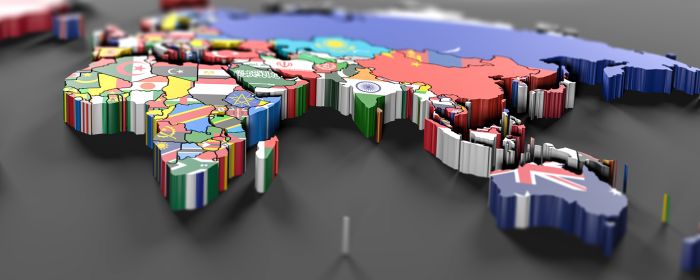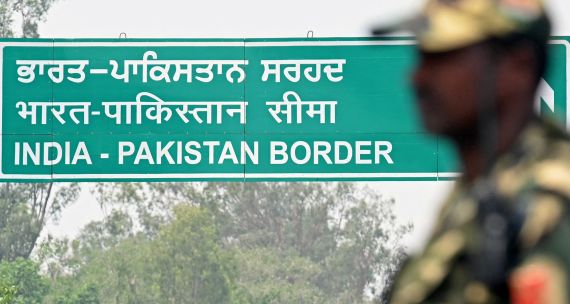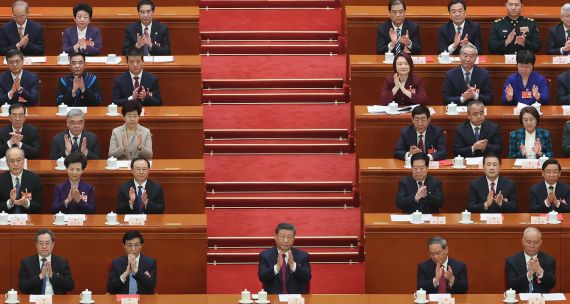In the four years since the Asia Pacific Foundation of Canada (APF Canada) published its 2016 Building Blocks for a Canada-Asia Strategy, the Asian region has grown in importance and in complexity for Canada.
Opportunities for diplomatic and commercial engagement within the region have expanded, for example, around areas including middle power diplomacy and economic regionalism. Concurrently, uncertainty and instability in the Asia Pacific – whether in the form of trade tensions between the United States and China, a deterioration in bilateral relations between Canada and China, or a creeping militarization of issues ranging from the South China Sea to India-controlled Kashmir – have grown and continue to expand.
A national imperative
It is APF Canada’s position that an immediate priority of any Canadian government must be the formulation and implementation of a comprehensive Asian strategy that draws on Canadian strengths and values to demonstrate its strategic commitment to the region. While certain issue areas will require more ad hoc policy approaches, development of an Asian ‘grand strategy’ is not only possible but critical for Canadian engagement in the region.
Failing its development, Canada will find itself increasingly on the outside of regional developments as Asian countries move forward without consideration of its position or interests. Succeeding in its formulation and implementation, conversely, Canada can position itself as an important regional actor, one that leads with its values and shapes regional developments as a participant rather than an observer.
A blueprint for Canada
In this policy briefing, written by APF Canada Vice-President, Research, Dr. Jeffrey Reeves, the Foundation offers a blueprint for a Canada-Asia strategy based on dominant regional trends and institutions, Canada’s regional comparative advantage and value-add, and Canadian national interests. In so doing, APF Canada provides a strategic formula based on relatively fixed inputs, many of which are non-partisan to the extent that they will inform any Canadian government’s policy-making process.




